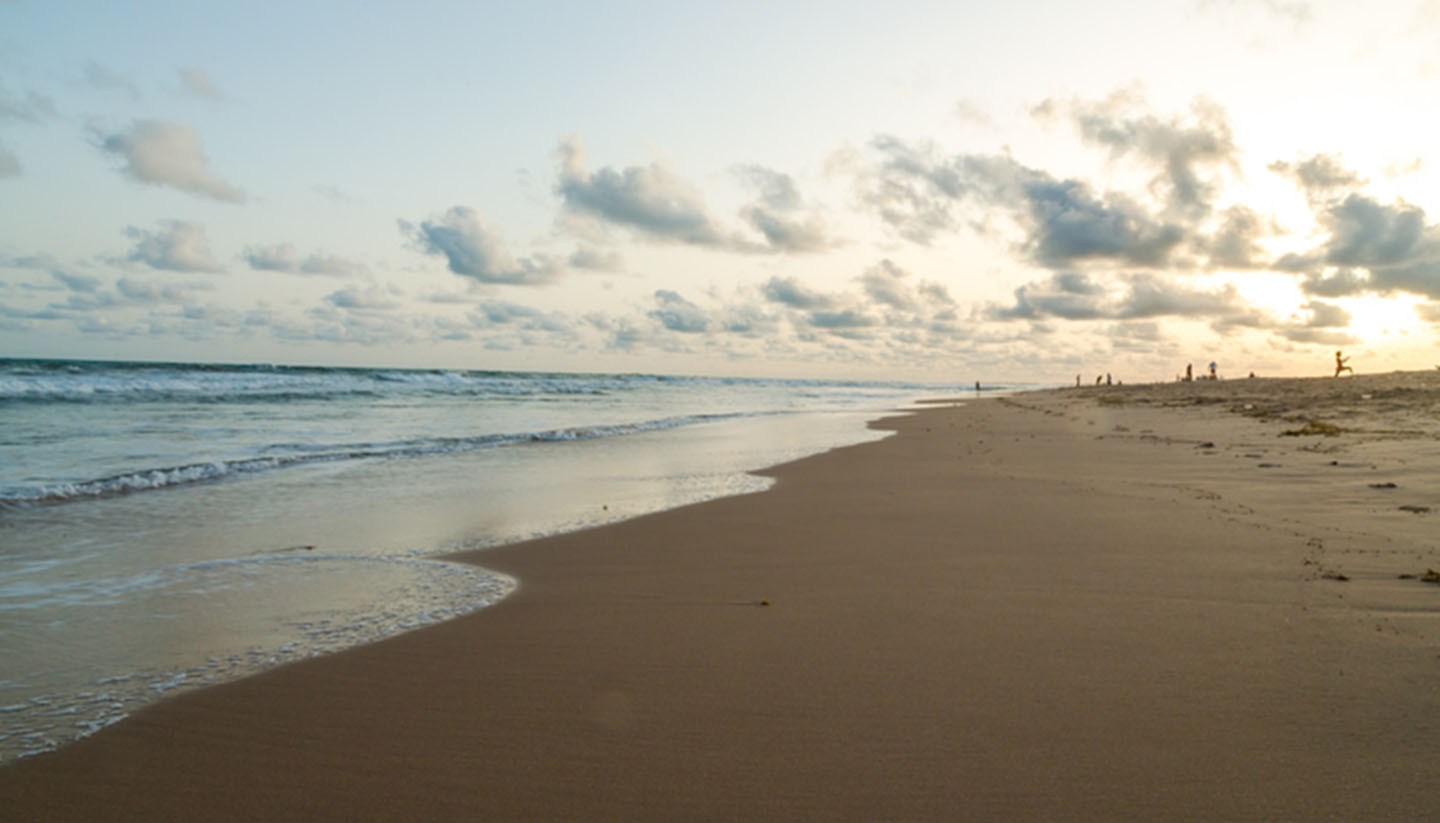Benin: Doing business and staying in touch
Doing Business in Benin
It is essential to be able to conduct conversations in French. Normal courtesies should be observed and punctuality is especially important. Lightweight suits should be worn.
Office Hours
Mon-Fri 0800-1230 and 1500-1830.
Economy
Since the transition to democratic government in 1991, Benin has undergone a remarkable economic recovery. A large injection of external investment from both private and public sources has alleviated the economic difficulties of the early 1990s, caused by global recession and persistently low commodity prices (although the latter continues to affect the economy).
Benin, poor in natural resources, is traditionally a trading nation and its economy is heavily dependent on the success of its much larger neighbour, Nigeria. Benin is hugely dependent on its import/export trade with the latter. A large part of the economy is based on the re-export of goods to Nigeria.
Benin's economy is principally agricultural - it is self-sufficient in basic foodstuffs, the main export commodities being cotton, peanuts, coffee and palm oil. The manufacturing sector is confined to some light industry, mainly involved in processing primary products and the production of consumer goods.
A planned joint hydroelectric project with neighbouring Togo is intended to reduce Benin's dependence on imported energy (mostly from Ghana), which currently accounts for a significant proportion of the country's imports.
The service sector has grown quickly, stimulated by economic liberalisation and fiscal reform. Membership of the CFA Franc Zone offers reasonable currency stability, as well as access to French economic support.
Benin is also a member of the West African economic community ECOWAS. The economy remains fragile and largely dependent on international aid.
GDP
US$4 billion (2005).
Main exports
Cotton, peanuts, coffee and palm oil.
Main imports
Energy.
Main trading partners
Nigeria, France, China and India.
Keeping in Touch in Benin
Telephone
There is an additional charge for calls made from a coin box.
Mobile Phone
Some roaming agreements exist. Coverage is limited. Handsets can be hired locally. Further information can be obtained from the Office des Postes et Télécommunications du Bénin (website: www.opt.bj).
Internet
Public access is available in Cotonou.
Media
The constitution guarantees media freedom although harsh libel laws have been used against journalists. Benin has more than 50 newspapers and periodicals, one state TV channel, a handful of commercial TV channels and more than 30 state, commercial and local radio stations.
In 2003, the authorities paved the way for a further expansion of the private media scene, allocating frequencies for five private TV stations and 10 commercial radio stations. The BBC World Service and Radio France Internationale are available on FM in Cotonou.
Post
Airmail takes three to five days to reach Europe. Surface mail letters or parcels take from six to eight weeks.
Post Office hoursMon-Sat 0800-1400.

